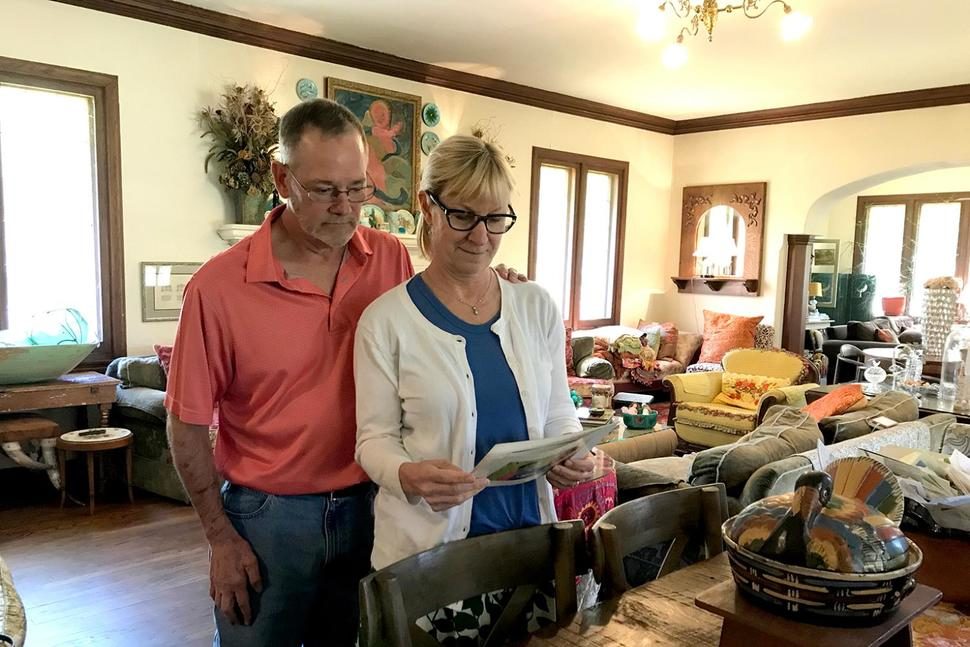High Suicide Rate Jolts Texas Community Into Action

IN THE heart of northeast Texas, Tyler’s rolling landscape is dotted with churches and historical homes, and the city is known for its roses and flowering gardens. But the community also is shadowed by a grim statistic, one that leaders are striving to better understand and address.
Smith County, which encompasses Tyler and is home to more than 225,000 residents, has the highest suicide rate among the state’s 25 most populous counties.
From 2012 to 2016, there were 17 suicides annually per 100,000 residents, compared with 12.2 suicides statewide during the same five-year stretch, according to the most recent analysis by University of Texas (UT) System researcher Eileen Nehme. (Nationally, the rate for 2016 was 13.5 suicides per 100,000 residents, or about 44,000 deaths annually.)
Another report, also conducted by UT System researchers, found that the suicide rate for the broader 35-county region of northeast Texas was 43 percent higher than it was statewide in 2014.
Local and state leaders pose various theories for the region’s greater vulnerability. It suffers from a shortage of mental health services and a higher use of opioids than in some other parts of the state. It also has a larger percentage of non-Hispanic white residents than statewide, a demographic whose suicide rates are significantly higher, and an ingrained mix of religious beliefs, individualism and a fierce sense of privacy that can inhibit some from seeking treatment for depression and other stressors.
Mental Illness Untreated
“I think the stigma is so great here,” said Valerie Holcomb, a licensed professional counselor. “There is sort of a pull-yourself-up-by-your-bootstraps mentality.”
But in the past several years, local efforts to tackle suicide rates have begun to ramp up, according to Holcomb and others.
The UT Health Science Center at Tyler, which provides medical services as well as training for new doctors, didn’t have a psychiatric unit until 2013. With the help of state funds, it has added psychiatric beds and a residency program for psychiatrists. The Smith County Sheriff’s Office now employs two officers trained on mental health issues who frequently respond in an unmarked car without flashing lights or sirens and try to get people in crisis to psychiatric help without arrests or using handcuffs.
Grass-roots efforts to fight stigma include a suicide prevention walk and an annual Tyler-based mental health conference.
Perhaps most significant is the formation of the Smith County Behavioral Health Leadership Team, chartered in 2015, which convenes meetings with dozens of local mental health leaders at least every other month to discuss treatment gaps and solutions.